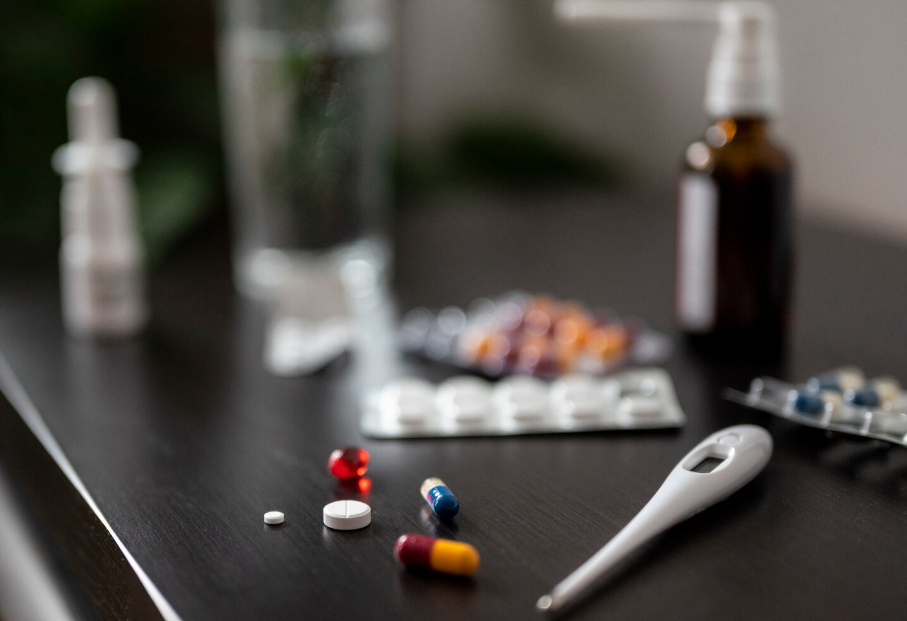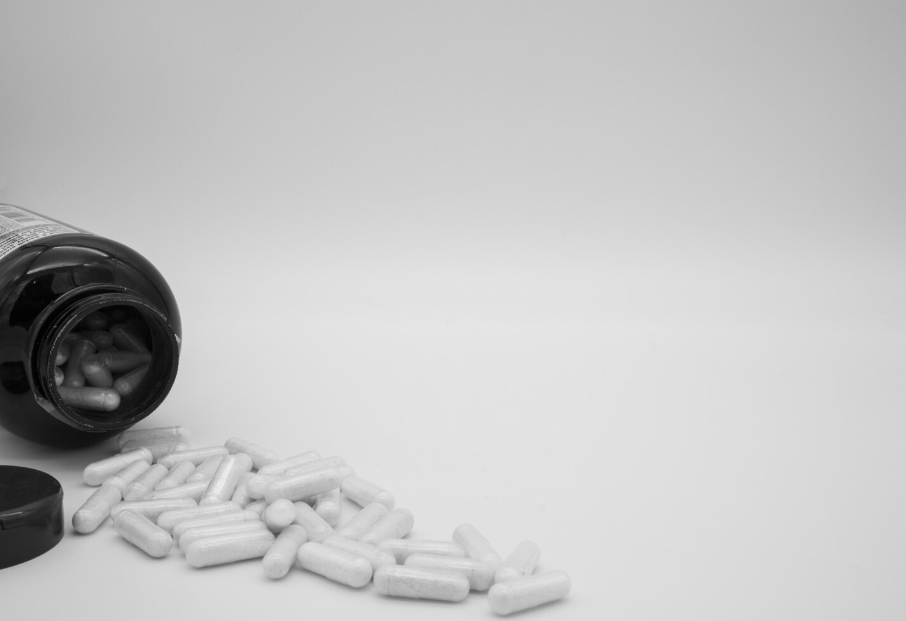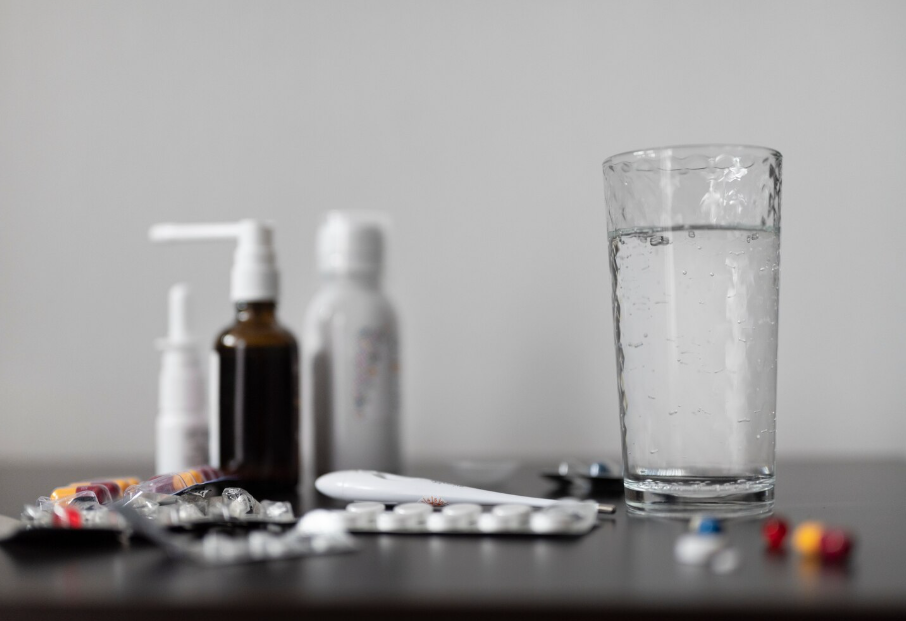Getting ready for outpatient rehab can feel overwhelming, but knowing what to expect helps reduce anxiety and uncertainty. This guide walks you through the main parts of outpatient treatment programs and what happens during your recovery journey. You'll learn about different types of therapy, support groups, and the tools that help people stay sober. Choosing the right inpatient recovery facility first can provide the foundation needed before transitioning to outpatient care. Understanding these program elements helps you prepare mentally and get the most out of your treatment experience.
Program Structure
Outpatient rehab programs are designed to fit around your daily life while providing strong recovery support. You attend scheduled sessions at a treatment center but go home each day to maintain your routine. Most programs include individual therapy, group sessions, educational classes, and sometimes family therapy. These parts work together to create a complete treatment approach. Many programs also offer medication help, activities like yoga or art therapy, and ways to prevent relapse. Knowing how your program works helps you participate fully and get better results from your treatment.
Therapies and Treatments
Outpatient rehab offers many different types of therapy to help with recovery. You might try cognitive-behavioral therapy, which helps change negative thinking patterns. Individual counseling gives you one-on-one time with a therapist to work on personal issues. Group therapy lets you connect with others who understand your struggles. Some programs also include creative activities like art therapy or physical activities like yoga. These treatments teach you how to handle cravings, deal with stress, and build healthy habits. The more you participate in these therapies, the better your chances of long-term success.
Group Support Dynamics
Group therapy creates a special bond between people in recovery. You'll meet others who face similar challenges and understand what you're going through. Sharing your story with the group can feel scary at first, but it often brings relief and connection. Group members support each other through tough times and celebrate wins together. You'll learn from others' experiences and share your own insights too. This support system becomes very important for staying motivated and feeling less alone in your recovery journey.
Individual Counseling Sessions
One-on-one counseling sessions give you private time with a trained therapist. These meetings focus on your specific needs and personal challenges. Your counselor helps you set realistic goals and work through problems that led to substance use. You'll learn new ways to cope with difficult emotions and situations. These sessions are completely confidential so that you can talk openly about anything. Your therapist will help you understand yourself better and build confidence in your ability to stay sober.
Coping Strategies Development
Learning healthy ways to handle stress and triggers is a key part of outpatient treatment. You'll practice techniques like deep breathing, mindfulness, and positive self-talk. Your counselor will help you identify what situations make you want to use substances and create plans to handle them safely. These skills take time to develop, so be patient with yourself. The more you practice these techniques, the easier they become to use in real-life situations. Building strong coping skills gives you the confidence to face challenges without turning to drugs or alcohol.
Transitioning to Aftercare
Moving from outpatient rehab to aftercare is an important step in your recovery. This transition helps you maintain the progress you've made while becoming more independent. Aftercare usually includes ongoing therapy sessions, support group meetings, and regular check-ins with your treatment team. You'll continue using the skills you learned, but with less structured support. Staying connected to your support network and following your aftercare plan helps prevent relapse. This phase requires commitment, but it's where you prove to yourself that you can maintain sobriety in everyday life.
Other Related Posts:
- Understanding the Length of an Adderall Outpatient Rehab Program
- What Is a Comprehensive Outpatient Rehabilitation Facility











